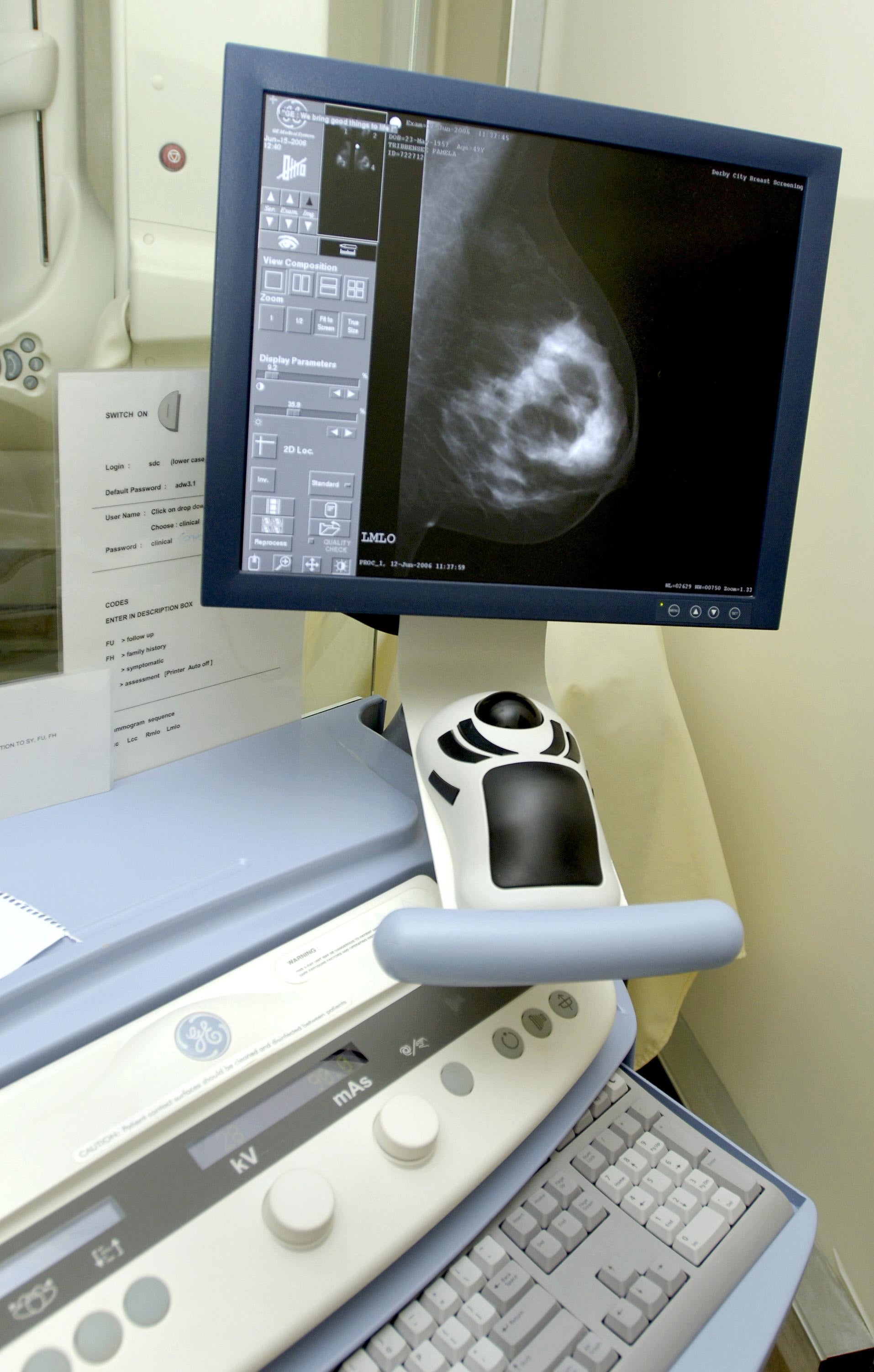Breast cancer spreads at night, new research suggests
Researchers say the finding could significantly change the way cancer is diagnosed and treated.

Your support helps us to tell the story
From reproductive rights to climate change to Big Tech, The Independent is on the ground when the story is developing. Whether it's investigating the financials of Elon Musk's pro-Trump PAC or producing our latest documentary, 'The A Word', which shines a light on the American women fighting for reproductive rights, we know how important it is to parse out the facts from the messaging.
At such a critical moment in US history, we need reporters on the ground. Your donation allows us to keep sending journalists to speak to both sides of the story.
The Independent is trusted by Americans across the entire political spectrum. And unlike many other quality news outlets, we choose not to lock Americans out of our reporting and analysis with paywalls. We believe quality journalism should be available to everyone, paid for by those who can afford it.
Your support makes all the difference.Breast cancer spreads most while patients are sleeping, new research suggests.
Researchers say the finding could significantly change the way cancer is diagnosed and treated in future.
They add that their study may also indicate the need for doctors to note the time that cancer biopsies are performed, as this may also influence the number of cancer cells detected.
According to the World Health Organisation (WHO), breast cancer is one of the most common forms of cancer, and each year around 2.3 million people worldwide contract the disease.
When the affected person is asleep, the tumour awakens
If the disease is detected early enough, patients usually respond well to treatment, researchers say.
However, things become much more difficult if the cancer has already metastasised – spread to other parts of the body.
Metastasis occurs when circulating cancer cells break away from the original tumour, travel through the body via blood vessels and form new tumours in other organs.
The new study by researchers at ETH Zurich, the University Hospital Basel and the University of Basel found that circulating cancer cells which later form metastases mainly arise while people are sleeping.
Study leader Nicola Aceto, Professor of molecular oncology at ETH Zurich, Switzerland, said: “When the affected person is asleep, the tumour awakens.”
“Our research shows that the escape of circulating cancer cells from the original tumour is controlled by hormones such as melatonin, which determine our rhythms of day and night,” added Zoi Diamantopoulou, the study’s lead author and a postdoctoral researcher at ETH Zurich.
In our view, these findings may indicate the need for healthcare professionals to systematically record the time at which they perform biopsies
The study included 30 female cancer patients and mouse models, and researchers found the tumour generated more circulating cells during sleep.
According to the researchers, cells that leave the tumour at night also divide more quickly and therefore have a higher potential to form metastases, compared with circulating cells that leave the tumour during the day.
The scientists were also surprised to find that samples taken at different times of the day had very different levels of circulating cancer cells.
Another clue was the high number of cancer cells found per unit of blood in mice compared with humans.
As nocturnal animals, mice sleep during the day, which is when scientists collect most of their samples.
Prof Aceto said: “In our view, these findings may indicate the need for healthcare professionals to systematically record the time at which they perform biopsies.
“It may help to make the data truly comparable.”
Next researchers hope to establish how these findings can be incorporated into existing cancer treatments to optimise therapies.
The findings are published in the Nature journal.